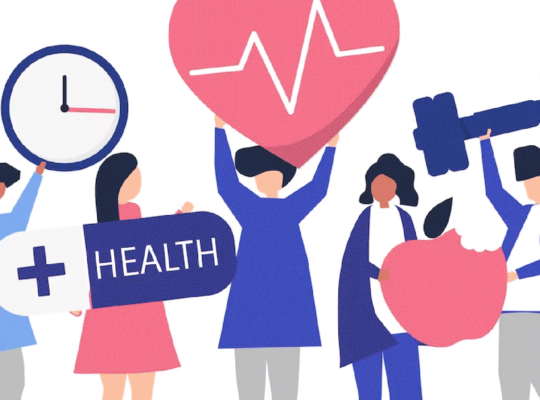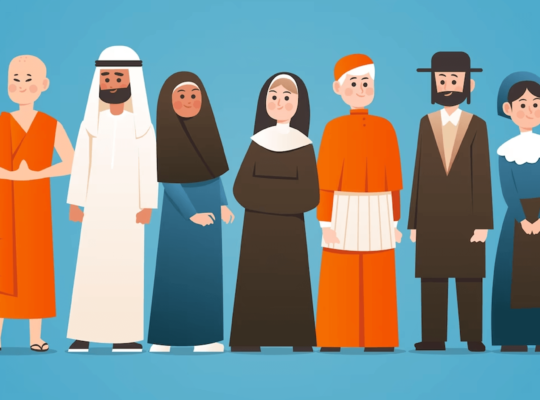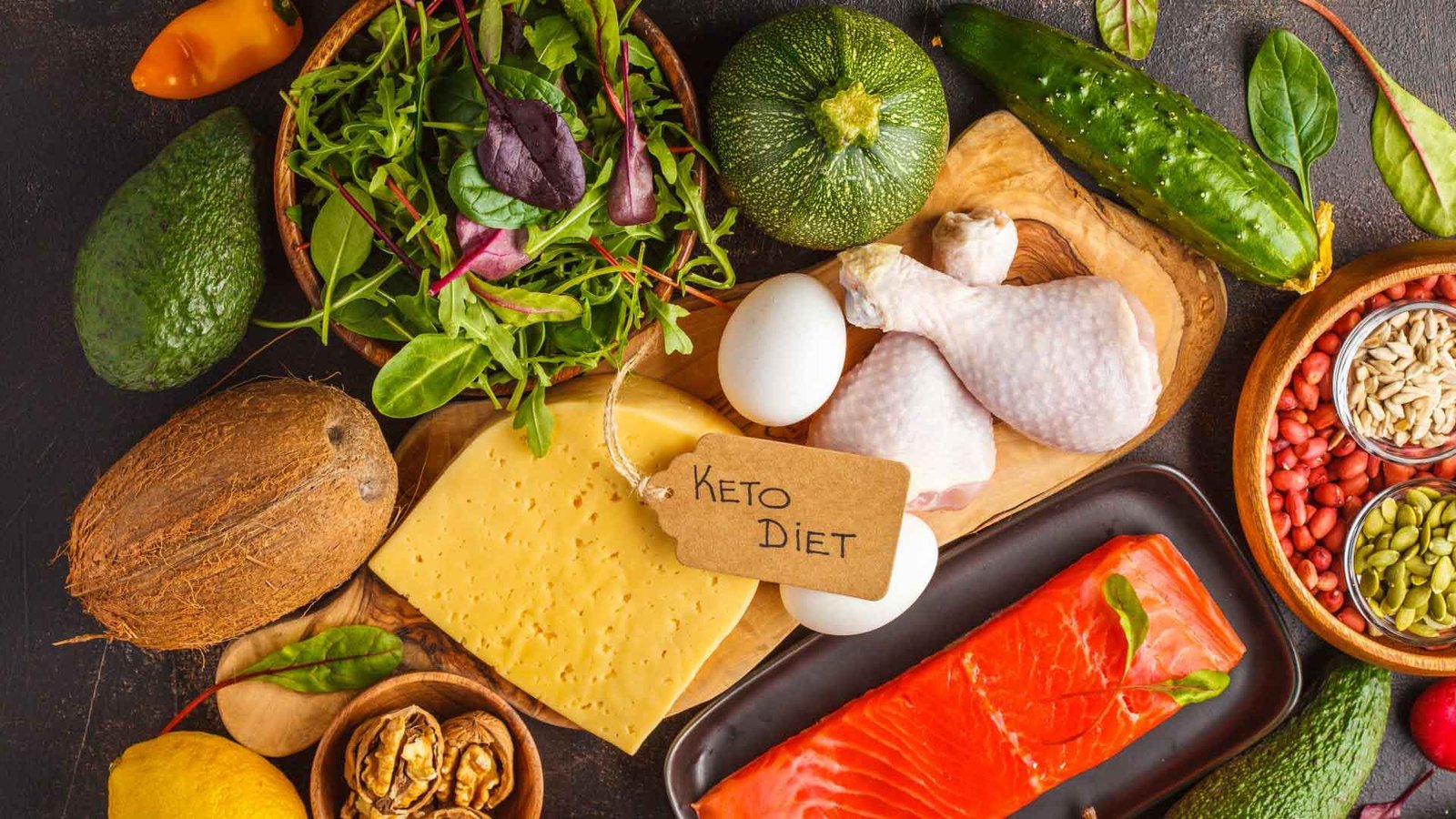The ketogenic diet, commonly known as the “keto” diet, is a low-carb, high-fat diet that has become increasingly popular in recent years. The diet involves reducing carbohydrate intake and replacing it with fat, which puts the body in a state of ketosis, where it burns fat for fuel instead of glucose.
While the keto diet has been praised for its potential benefits, such as weight loss and improved blood sugar control, it is important to understand its potential risks and how to follow it safely. In this blog post, we will explore the secrets of the keto diet, its potential benefits, and the precautions to take when following it.
Weight Loss: One of the most significant benefits of the keto diet is weight loss. The diet can help reduce appetite, increase satiety, and promote fat burning.
Improved Blood Sugar Control: The keto diet has been shown to be effective in improving blood sugar control, which is important for people with type 2 diabetes or insulin resistance.
Improved Brain Function: Some studies have suggested that the keto diet can improve cognitive function and protect against neurological diseases such as Alzheimer’s and Parkinson’s.
Increased Energy: Many people report feeling more energized and focused on the keto diet, as it promotes stable blood sugar levels and reduces the blood sugar crashes often associated with high-carb diets.
Better Heart Health: The keto diet can also improve heart health by reducing inflammation, blood pressure, and cholesterol levels.
Potential Side Effects: Some people may experience side effects when starting the keto diet, such as headaches, fatigue, and constipation. These symptoms are often temporary and can be managed by staying hydrated and increasing fiber intake.
Importance of Proper Macronutrient Ratios: To follow the keto diet safely and effectively, it is important to consume the right ratios of macronutrients, which should be approximately 75% fat, 20% protein, and 5% carbohydrates.
Foods to Avoid: The keto diet involves avoiding high-carb foods such as bread, pasta, rice, and sugar. It also limits fruit, starchy vegetables, and most dairy products.
Foods to Eat: The keto diet includes high-fat foods such as meat, fish, eggs, nuts, and healthy oils such as olive oil and coconut oil. It also includes low-carb vegetables such as leafy greens, broccoli, and cauliflower.
Consultation with a Healthcare Provider: Before starting the keto diet, it is important to consult with a healthcare provider, especially if you have a history of any medical conditions or are taking medications.
In conclusion, the keto diet can have numerous potential benefits for weight loss, blood sugar control, brain function, energy levels, and heart health. However, it is important to understand its potential risks and how to follow it safely. By consulting with a healthcare provider and following the proper macronutrient ratios and food guidelines, you can safely and effectively follow the keto diet and potentially reap its benefits.

Meet Sir Faisal Amin – a visionary educator and content management expert, who has made a lasting impact in the education sector with his unwavering commitment and passion.



















